The night in Coahuila is almost as black as the charcoal that draws scars on the face of Sergio Martínez, after having spent all of Saturday fighting with the earth, the sun and the water to save his little brother, Jorge Luis.
The stars come out over the Las Conchas mine, in Sabinas.
And with them, he ends another shift in one of the teams that against all odds try to rescue alive the 10 miners trapped since Wednesday under the collapse of shaft three.
Martínez lights a cigarette, the thick, calloused hands of a manual worker blackened by the mineral that in this region is sustenance and at the same time condemns, but he forgets to smoke it.
The embers burn until all that remains is a thread of ash that falls gently onto the desert dust.
—The truth, I would like to go to a place and scream.
let off steam
I already called my brother well by well.
To think that he is in there, if he breathes, the agony… If one knew when someone was going to die in order to say goodbye…
Martínez (36 years old) cries contained tears that, falling down his cheeks, drag the accumulated dust.
He fixes his eyes on the wells and leaves the white helmet, the orange vest, the flashlight on a portable refrigerator in which his relatives store cold water.
Alongside him, another handful of relatives who refuse to go home have gathered in vigil at a makeshift camp with a small tent and a few plastic chairs.
Waiting stoically in the night are his sister;
his wife;
his teenage son;
Jorge Luis's wife, Carolina Álvarez (33 years old) and their eldest daughter, Alison, 16.
Sergio Martínez participates in the rescue efforts to save his brother, Jorge Luis.
Emilio Espejel
The situation is not flattering and this wait that feels eternal is driving the family members crazy.
Contrary to the official version, the rescuers comment among themselves that the level of water that floods the wells —which caused the collapse— is still above 30 meters in a well 60 meters deep.
The mine had been abandoned for almost 40 years and filled with water due to its proximity to the Sabinas River.
Although several pumps are draining, as they pump down the liquid leaks back out.
The families of the men trapped underground do not understand why the divers who have come from Mexico City do not act.
Among them they comment that it is the miners of the area who are going to enter the tunnels to look for them.
Almost 60 workers from this small community who have come to help their colleagues.
Many are family.
Alison Martinez looks with wet eyes towards the well.
Her mother hugs her and strokes her hair.
She hasn't gone home since she arrived and her face shows weariness.
She has slept on some cots set up inside the Army's security perimeter around the wells, where only the closest relatives can enter.
Around the military fence, the rest of her relatives rest as she can, some on blankets on the ground, among cacti and scorpions.
The night wind does not stop blowing and raises dust clouds, which in the surgical white light of the spotlights look as if the fog had descended on the mine or as a half-gas sandstorm.
They cast long shadows among the bushes;
capricious chiaroscuro that give a serious gesture to the faces.
Some people doze on plastic chairs a few meters back, under the bushes.
Those who are awake speak of the hope of seeing the miners alive again, although there is an aura of wakefulness in the air.
But from time to time a laugh is heard, someone who invokes the memory of the trapped workers with an anecdote.
Fernando, a friend of a miner trapped underground, observes the work area where the rescue work of 10 miners is carried out.
EMILIO MIRROR
Sergio Martínez had been out of Coahuila for six months.
But he ran back the day he learned that the water had flooded and collapsed the tunnel in which Jorge Luis (34 years old), a miner since he was a teenager, had dug for coal.
The last four days his entire universe has been carrying pipes and drainage pumps from one place to another, helping the experts to remove all the liquid from the mine.
He arrived Thursday morning and didn't go home to rest until Friday.
Now, on Saturday night, he admits that he is tired, that he can barely keep walking, that working in these conditions is dangerous for him.
Four hours ago he said he was going to rest and take a shower, but something is keeping him in the mine.
A voice that whispers in his ear that at any moment he can experience the miracle he is waiting for, that he has to be here when the miners start to leave.
It tells stories about Jorge Luis, remembers the moments shared: last Christmas, couple dances, conversations between beers until dawn.
He smiles for a while when he remembers, but from joy he quickly turns to sadness every time a noise is heard from the wells, every time another rescuer's flashlight shines through the darkness.
And he regrets the six months that passed without seeing each other, that due to their different work schedules they couldn't even agree to talk on the phone.
“They are waiting for me down there”, he says pointing to the well, “I only think about getting him out alive”.
Relatives of the trapped miners wait for news of the rescue in a makeshift camp at the gates of the mine.
EMILIO MIRROR
His mother doesn't want to go home either.
She lived alone with Jorge Luis and she doesn't want to think about going back and being alone with her head, with the absence of her son.
She prefers to sleep in the mine, surrounded by the rest of her family.
Here the tragedies when they arrive are collective and collectively they are faced.
“Now my mom is calmer, she has been able to breathe,” says Martínez.
“Life has hit us hard in recent years.
This feels ugly."
She then raises her head and looks at the reporters.
"Do you have siblings?"
"A sister," replies the photographer.
"A little brother," says the reporter.
"Hug them when you see them."
You never know when you're going to have to say goodbye.
Hours pass and other rescuers arrive to take over from their colleagues.
They exchange a few words, they tell each other the few news, they say words of support, they share bottles of water.
And they rush, flashlight in hand, towards the mine, where dawn will find them, like the last three days, with sweat on their faces and coal on their hands.
Relatives of the trapped miners wait for news about their loved ones in the mine.
Emilio Espejel
subscribe here
to the
newsletter
of EL PAÍS México and receive all the informative keys of the current affairs of this country

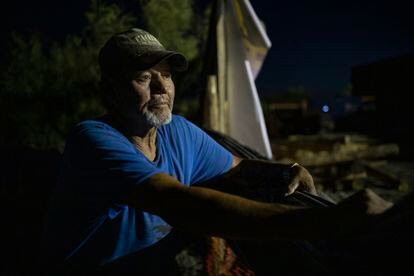

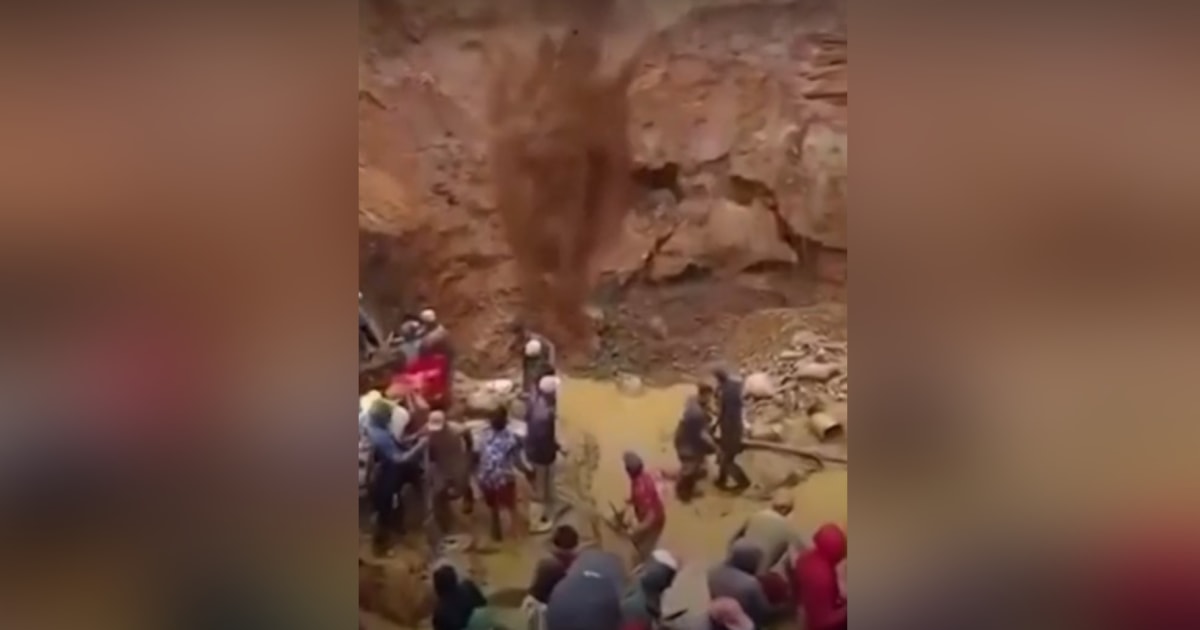
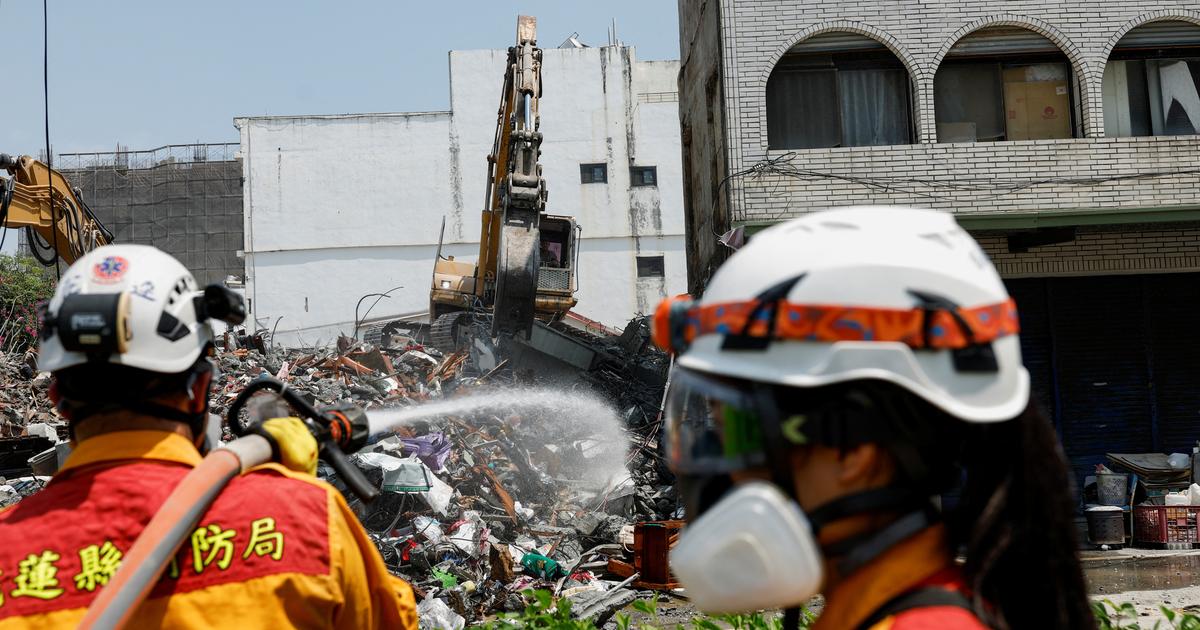
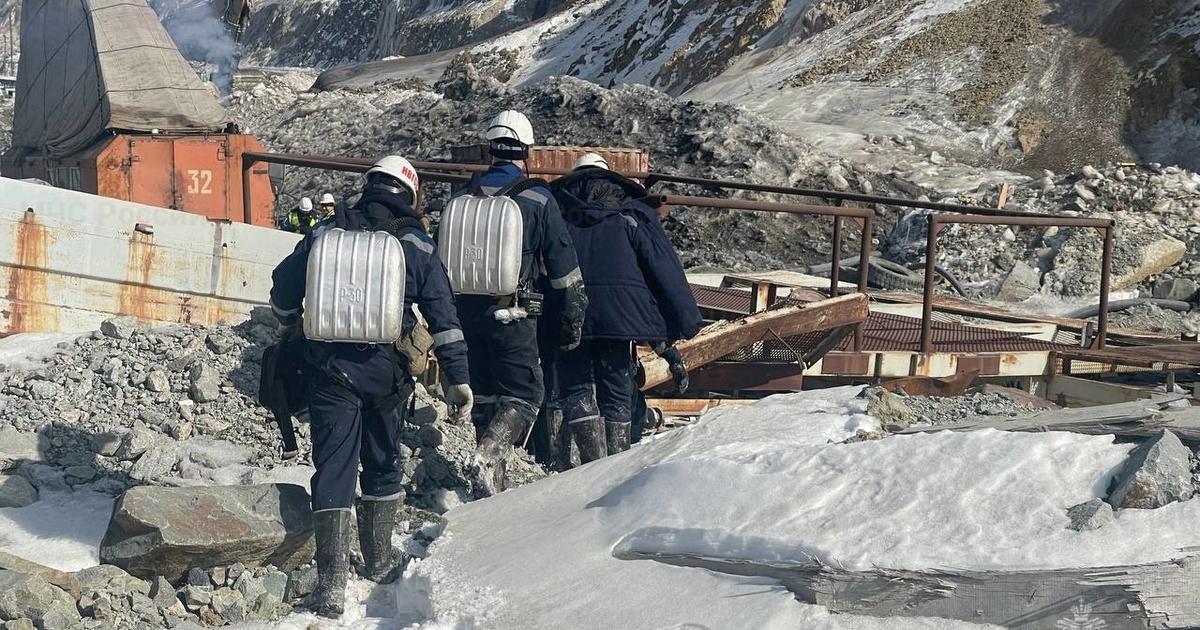

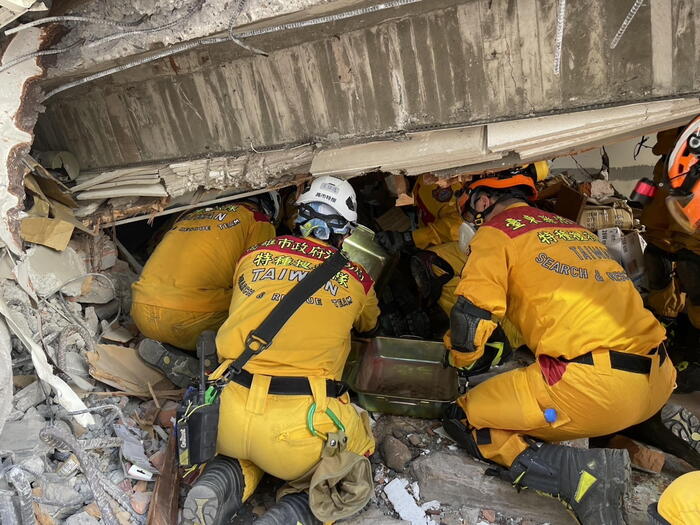

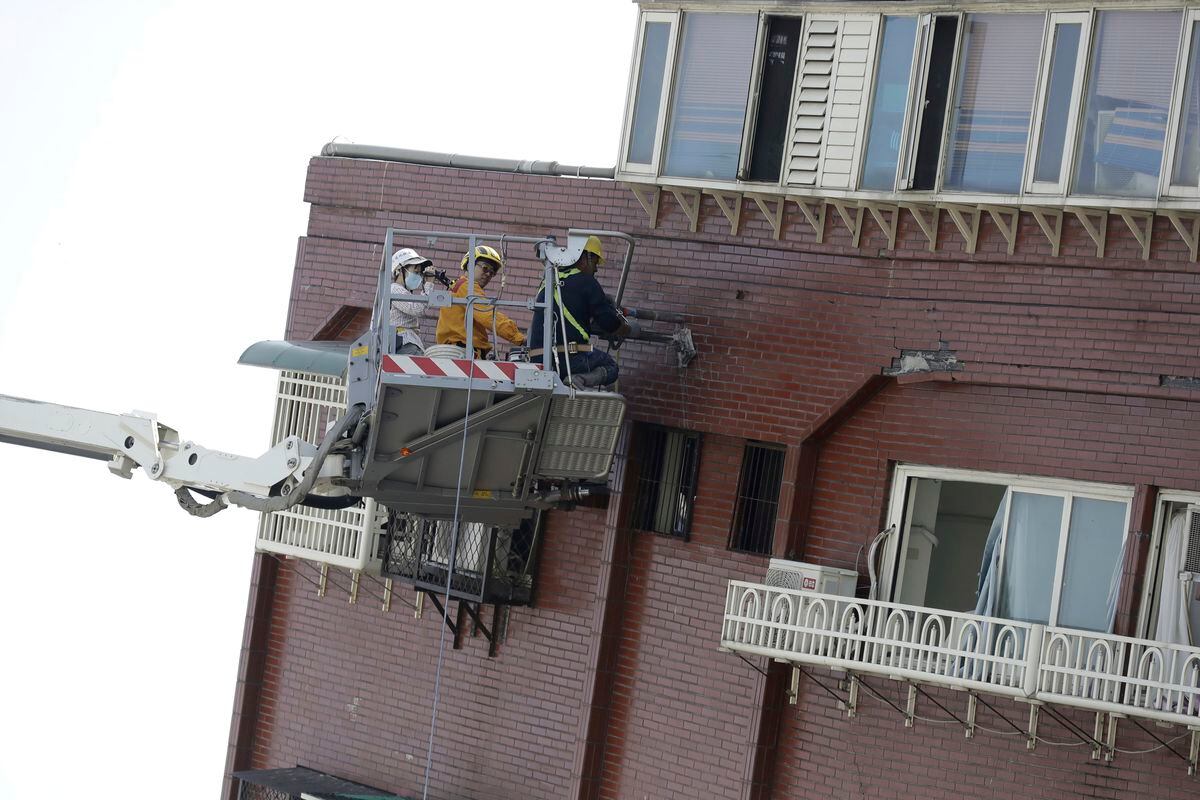



/cloudfront-eu-central-1.images.arcpublishing.com/prisa/KMEYMJKESBAZBE4MRBAM4TGHIQ.jpg)

